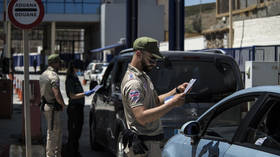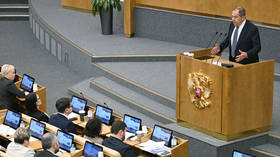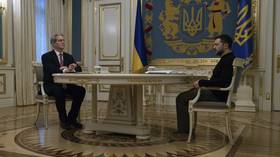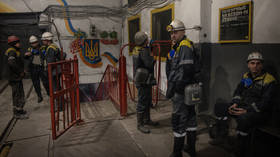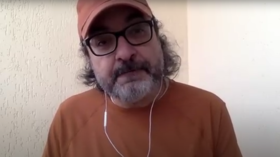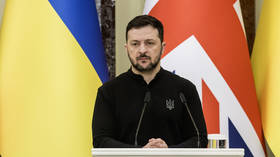EU lawmakers ask member states not to seize Russian cars
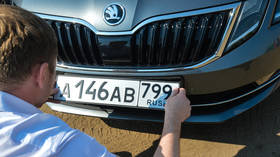
Confiscating personal vehicles registered in Russia in the name of sanctions compliance is overkill, the European Parliament is arguing. Several European nations have resorted to the practice since the European Commission issued a clarification in September that condoned such measures.
In a joint motion devoted to the “effectiveness of the EU sanctions on Russia” published on Wednesday, MEPs called on the EU’s executive body to “review its interpretation of sanctions leading to the seizure and confiscation of items and vehicles for personal use only.” Lawmakers warned that “such over compliance discredits the goal and instrument of sanctions.”
Asked for comment by RIA Novosti, the European Commission declined to reveal if it was going to revise its guidelines published in early September. According to these, “vehicles having a Russian license plate” and “registered in Russia” are off limits in the bloc and can be seized if they are found on its territory.
“It is not relevant whether the use of the vehicles is private or commercial” as long as they fall into the sanctioned goods category, officials stressed at the time.
In addition, Russian nationals are banned from taking with them a wide range of personal items, including hygiene products, when traveling to the EU.
Commenting on Brussels’ guidelines, Russian Foreign Ministry spokeswoman Maria Zakharova denounced them as blatant “racism.”
The Commission’s clarifications in September came in response to several cases which had seen German authorities impound vehicles with Russian license plates, citing sanctions imposed on Moscow over its actions in Ukraine.
After the bloc’s executive body ruled that such practice was legal, several European nations, including Latvia, Estonia, Lithuania, Poland, Finland, Norway, Germany, and Bulgaria, barred Russian registered cars from crossing their respective borders, with few exceptions.
Late last month, the Latvian parliament passed a bill that would see vehicles with Russian license plates seized if not registered in the Baltic nation or removed from the country within three months.
“The confiscated vehicles are planned to be handed over to Ukraine,” the document also stated.
Transit through Latvia would, however, still be permitted, as long as it did not exceed 24 hours, with an exception also made for diplomatic vehicles. Latvian lawmakers plan for the bill to take effect on November 15.
Also last month, Moscow daily Izvestia reported that Czech authorities had confiscated at least one car with a Russian license plate.
